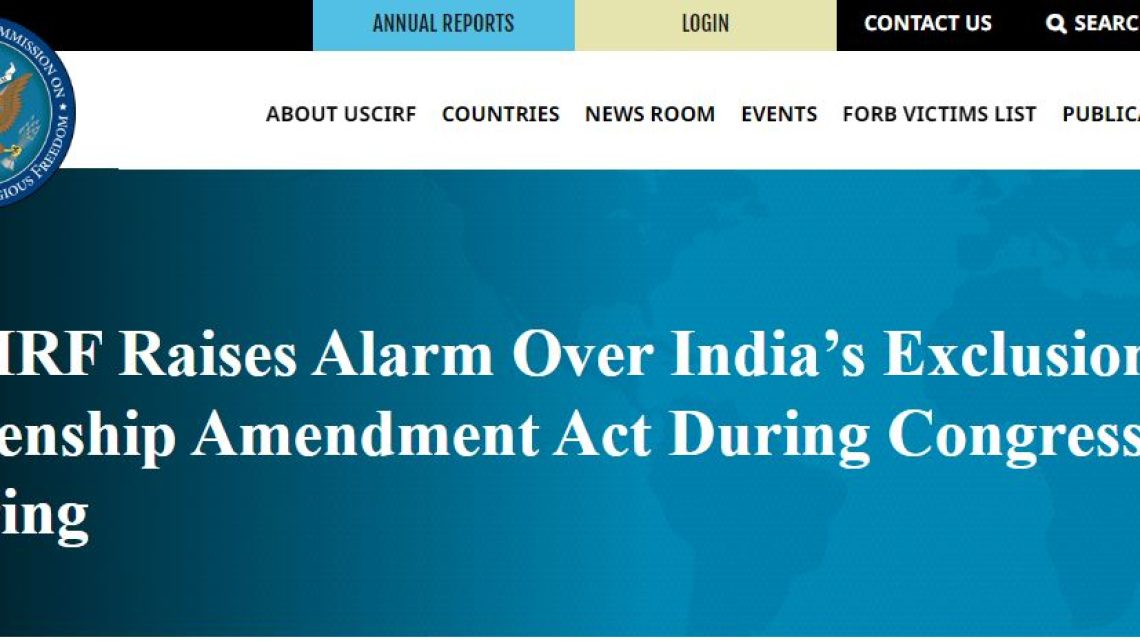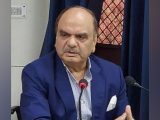
USCIRF Raises Concerns Over Discriminatory Indian Citizenship Act
March 28, 2024The Citizenship (Amendment) Act’s implementation through the Citizenship Amendment Rules has triggered concern from The United States Commission on International Religious Freedom. USCIRF Commissioner Stephen Schneck voiced his concerns at a hearing organized by Tom Lantos Human Rights Commission, discussing the potential impacts of this new development.
Schneck pointed out that the CAA is a contentious law, as it imposes religious criteria on asylum seekers in India. Specifically, it grants expedited citizenship to Hindus, Parsis, Sikhs, Buddhists Jains and Christians while excluding Muslims explicitly. Schneck posits that if this law were genuinely aimed at protecting persecuted religious minorities then Rohingya Muslims from Burma or Ahmadiyya Muslims from Pakistan should also be included along with Hazara Shi’a from Afghanistan. USCIRF believes strongly in the principle that religion or belief ought not to determine one’s access to citizenship; they have therefore urged Congress to publicly and diplomatically engage Indian authorities over their apparent disregard for freedom of religion concerns surrounding such legal measures being enforced within their jurisdiction.
Individuals who wish to become Indian citizens are now required by law to demonstrate their entry into India from Pakistan, Bangladesh or Afghanistan prior to December 31st, 2014. This recent development results in the exclusion of those escaping more current forms of persecution. The declaration is aligned with the government’s endeavour towards reintegrating refugees following Burma’s military takeover this year; however noteworthy loopholes exist as non-Muslim escapees fleeing countries like Sri Lanka and China remain ineligible for citizenship under CAA regulations.
The Indian government delayed the enforcement of CAA in 2019 because of mass protests throughout the country. Police responded harshly to these demonstrations, leading to numerous arrests of activists from different religions who fought for human rights.
Focusing on the need to maintain democratic values, USCIRF Commissioner David Curry highlighted that religious freedom and equal legal treatment for all communities are crucial – as recently reaffirmed by the State Department. He expressed worry regarding activists such as Umar Khalid, Sharjeel Imam, and Meeran Haider who linger in detention after being arrested under Unlawful Activities Prevention Act merely for peacefully protesting.
The 2023 Annual Report of USCIRF advised the U.S. Department of State to classify India as a Country of Particular Concern due to its continual infringement upon religious liberties. Subsequently, in September 2023, discussions took place on how both governments can work together towards rectifying these violations. Furthermore, USCIRF published informational resources pertaining to the CAA and their potential ramifications.
The USCIRF’s careful examination highlights the importance of protecting religious liberty and upholding fairness in India’s legal system, prompting a worldwide call for attention and intervention to tackle these concerns.

